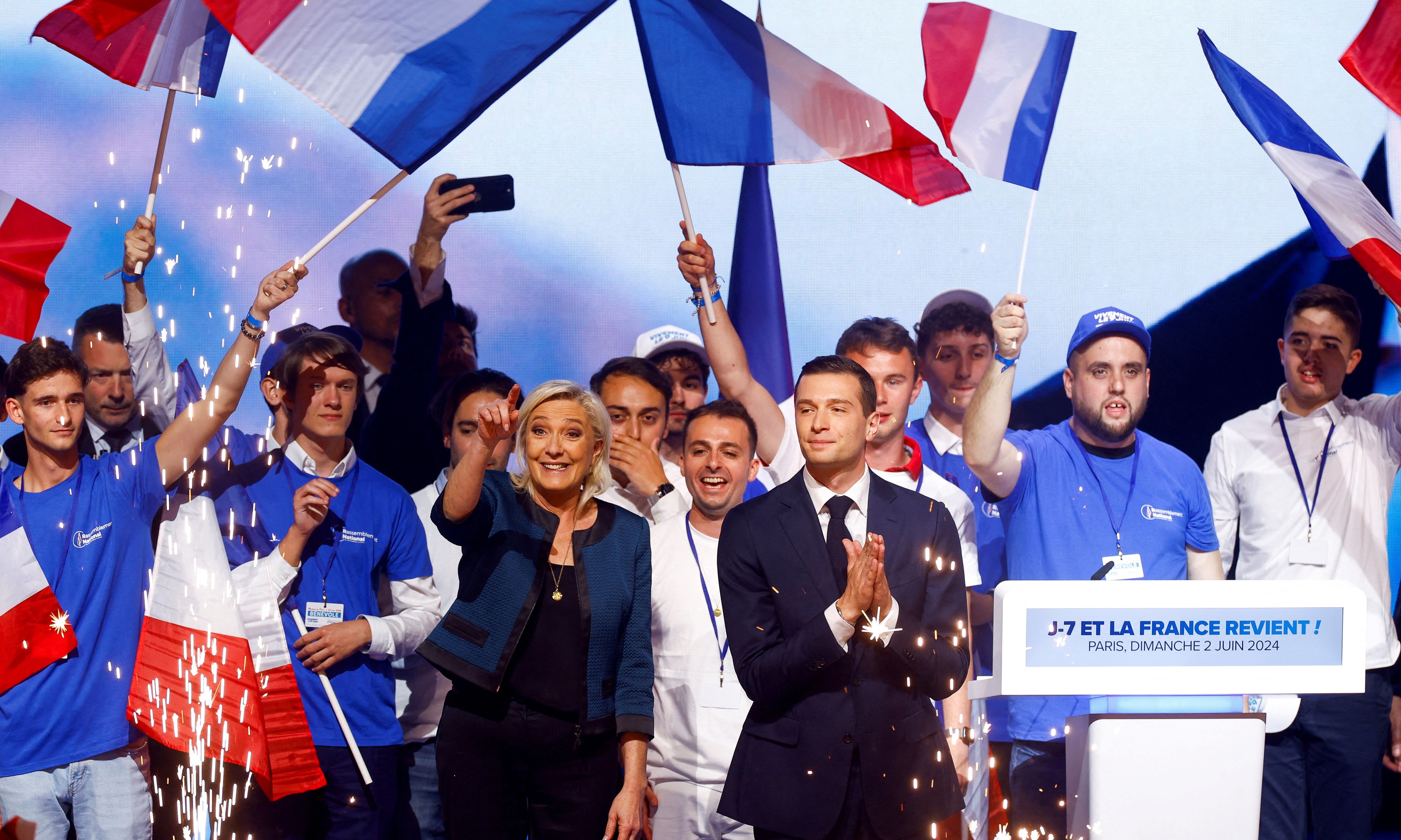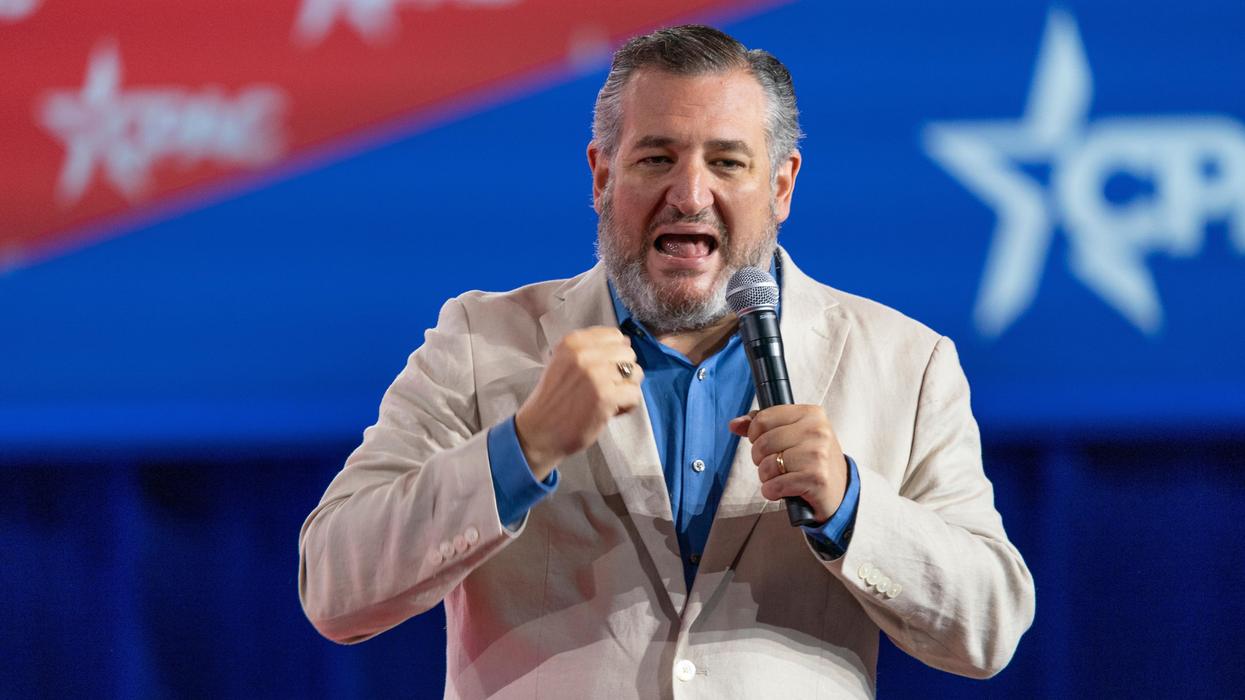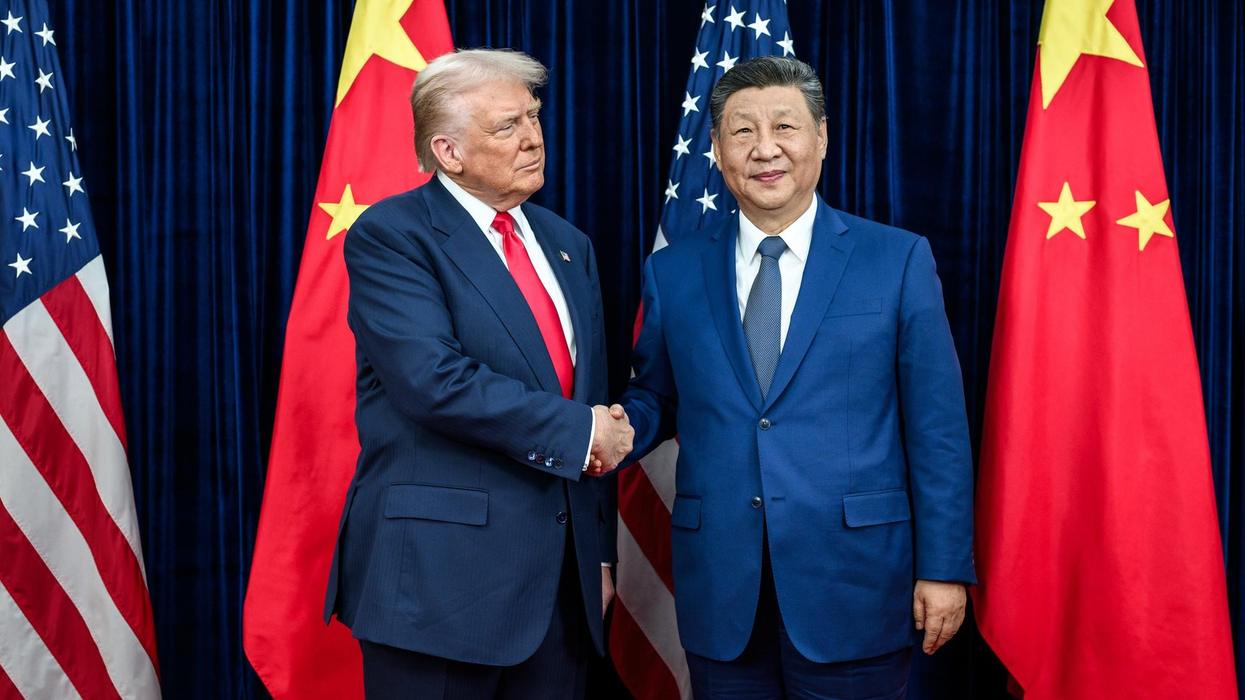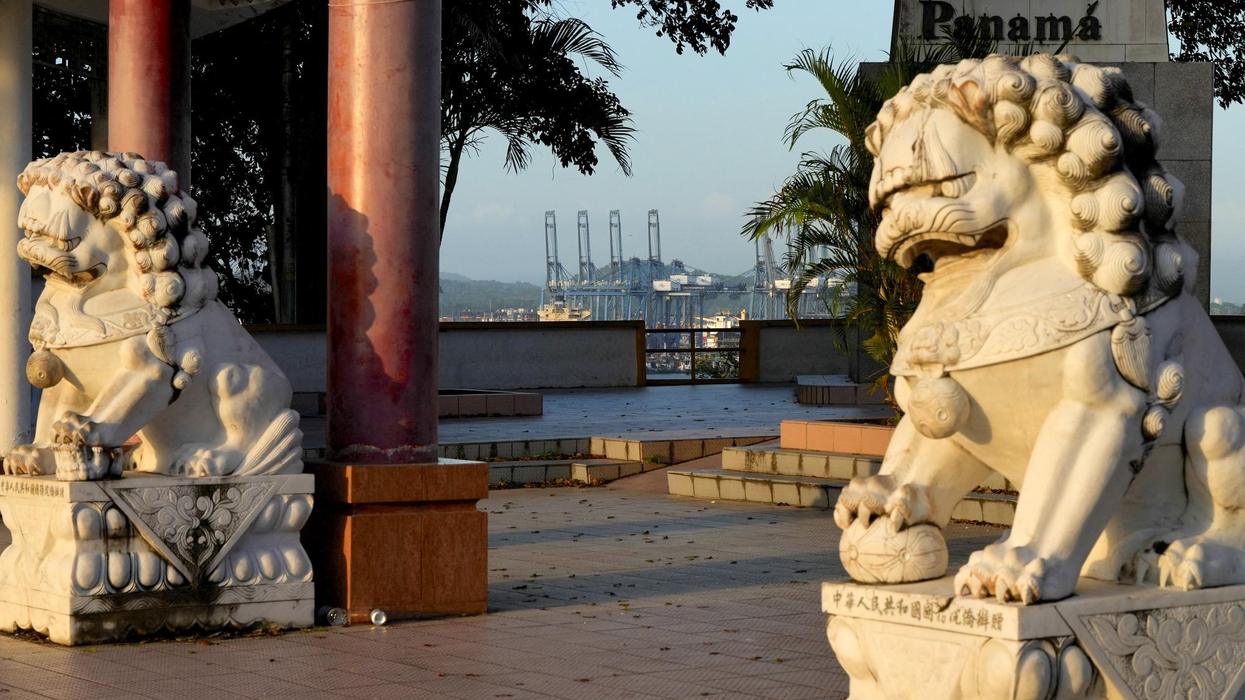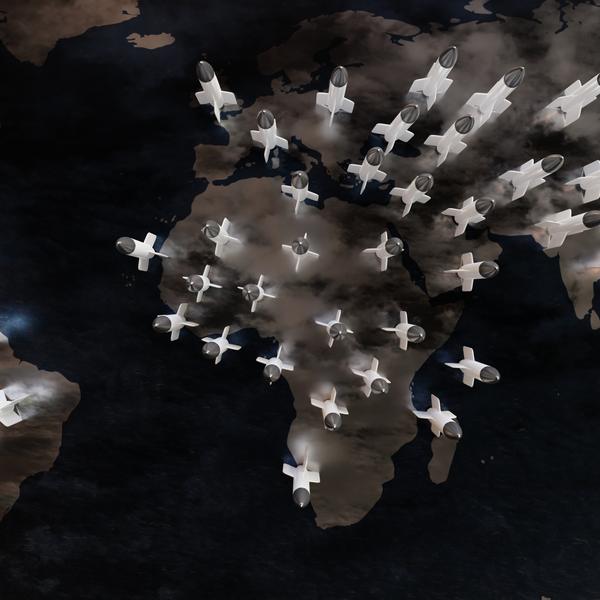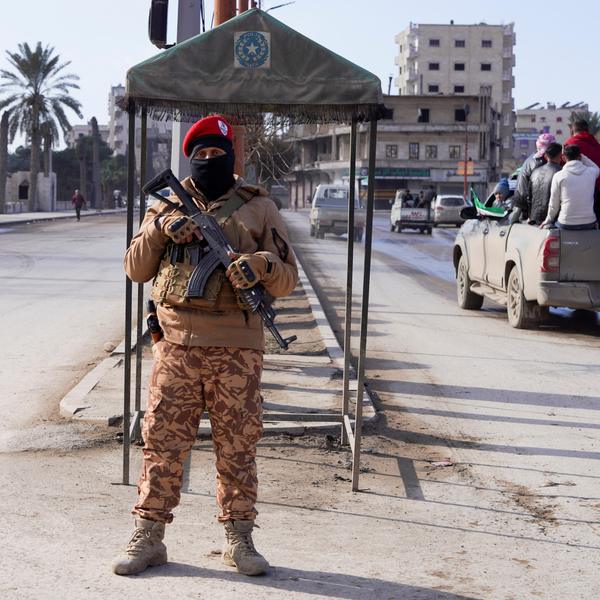The elections for the European Parliament brought gains for parties belonging to both its populist far- right factions — European Conservatives and Reformists (ECR) and the more radical Identity and Democracy (ID) group. Parties of the populist or far right (ECR, ID or unaffiliated) came in first in five countries: France, Italy, Austria, Hungary, and Slovakia.
In Germany, Poland, and the Netherlands, such parties made a strong second place showing. These elections produced highly unsettling developments in France and Germany, the two most influential EU member countries.
In France, the party of Marine Le Pen, National Rally (RN, a member of the ID group) won just over 30% of the vote, twice the support gained by Macron’s liberal Renaissance party. As a result, Macron called snap national parliamentary elections for the end of this month, opening the possibility of “cohabitation” with a far-right prime minister for the remainder of Macron’s final term in office.
In Germany, the far right Alternative für Deutschland (AfD) took just under 16% of the vote, a second-place finish behind the Christian Democrats at 30%, and ahead of the Social Democrats at 14%, Greens at 12% and FDP (liberals) at 5%. These three latter parties form Germany’s governing coalition, and their combined 30% showing exposes deep popular disaffection with those in power. The new anti-war left populist BSW (Alliance Sahra Wagenknecht) enters the European Parliament with 6%.
The gains by populist far right parties were more modest than predicted by polls taken earlier this year. Overall, the relative balance in the parliament is not radically changed: centrists (EPP, S&D and Renew) retain a slightly diminished majority (403 of 720 seats). The ECR gained four seats to win 73, and ID gained nine seats to end with 58 in the new parliament. The latter score reflects the move of AfD (which won 15 seats) from ID to the unaffiliated category. Turnout averaged 51% across the 27 member countries, only marginally higher than in 2019.
A range of factors seem to have driven the relative success of the far right: migration flows, economic insecurity, the alleged impact of Europe’s green policies, anti-elite Euro-skepticism, and (in some instances) opposition to funding and arming Ukraine. The relatively stronger far right in the new parliament can be expected to press on these issues.
The right of center European People’s Party remains easily the biggest delegation in the parliament with 189 seats, more than a quarter of the total. The center-left Social Democrats lost only four seats to win 135, with the pro-business centrist liberals (Renew) losing 23 seats to remain in third place with 79 seats. These three groups have served as a de facto coalition in support of the legislative agenda of the Commission president, German Christian Democrat Ursula von der Leyen. The coalition will have a slightly diminished majority of seats, so that von der Leyen’s election to a second term as president of the European Commission could be at some risk. The ballot is secret, and a defection rate of about 10% is considered normal.
The EPP may owe its strong performance to its having toughened its stance on migration and on the green transition in part to slow the momentum of the far right. This will complicate EPP’s cooperation with S&D. It is possible that the EPP will enact legislation in these two policy areas with votes from the ECR, which will raise the profile and significance of the populist right in the new parliament. The Greens lost 18 seats and fall to 53 in the new parliament.
Maneuvers on the right
The ECR and ID delegations — if merged — would make the far right the third largest grouping. A barrier to such a merger has been the role of Germany’s AfD, which was expelled from ID just before the elections, after AfD’s lead candidate Maximilian Krah stated in a press interview that membership in the Nazi-era SS did not by itself imply personal criminality. In response, Marine Le Pen successfully pushed for the AfD’s expulsion from the ID ranks.
Ursula von der Leyen has courted Italian Prime Minister Georgia Meloni (Brothers of Italy — ECR) in support of her re-election to a second term as president of the European Commission. But Meloni (one of the few European leaders currently enjoying strong popular support) has sought to convince EPP to govern with ECR and ID rather than with the S&D and Liberals. As a step toward this aim, she has called for a merger of the ECR and ID. Marine Le Pen, Viktor Orban, and former Polish Prime Minister Mateusz Morawiecki (of the Law and Justice party — ECR) have endorsed such an effort. The combined strength of ECR and ID could increase its already significant leverage over the positions taken by the center right EPP.
Although the aggregate performance of the ID and ECR fell short of producing a major “wave” reshaping the European Parliament, the results in France and Germany in particular were momentous. European parliamentary elections remain fundamentally national contests, tests of strength for ruling and opposition parties. The results in Germany and France risk domestic political gridlockand undermine the already troubled Franco-German tandem so essential to defining the EU agenda. The election result has also underscored the role of Italy’s Meloni in reinvigorating the far right’s role in European politics.
- European Parliament elections: Not quite a 'Trumpian moment' ›
- European elections: Was the Ukraine War another big loser? ›
- Rightward, populist drift in EU elections signals big Ukraine shift ›
- French president Macron in the desperate hours | Responsible Statecraft ›
- Europe doubles down on protracted war in Ukraine | Responsible Statecraft ›
- Austrian election could complicate EU Ukraine war policy | Responsible Statecraft ›

